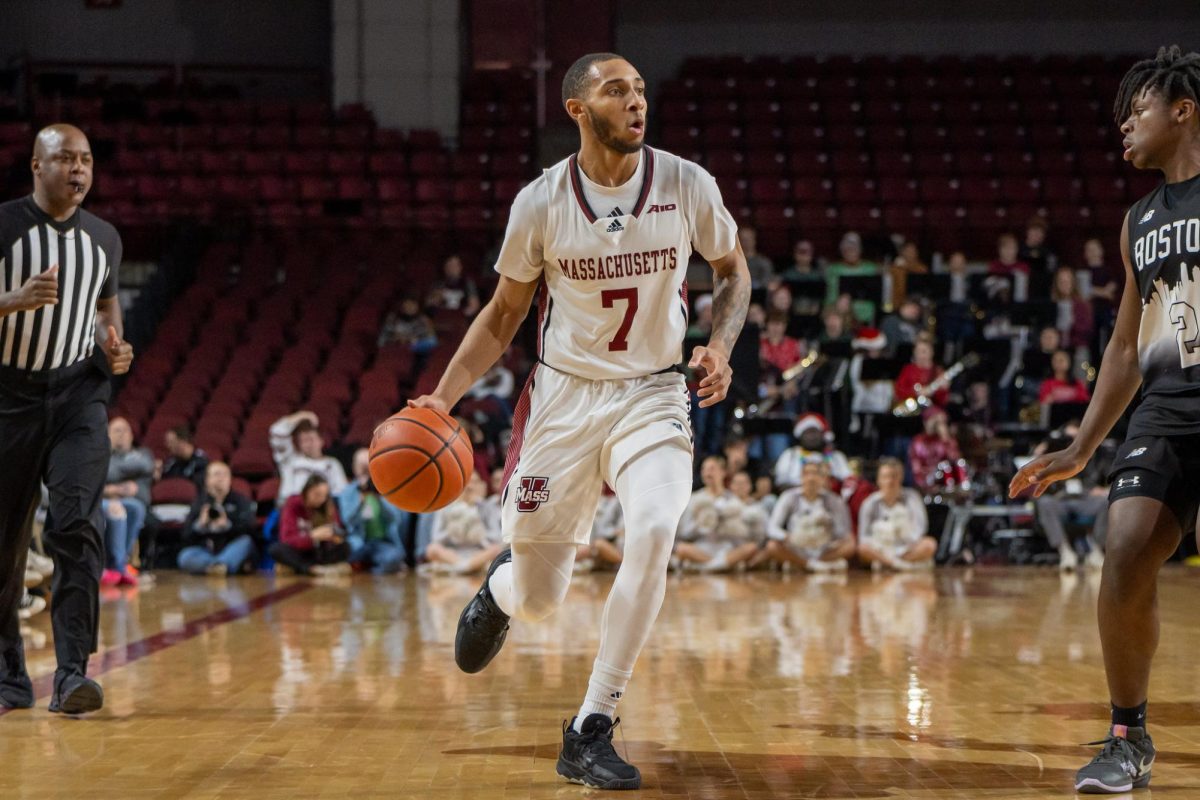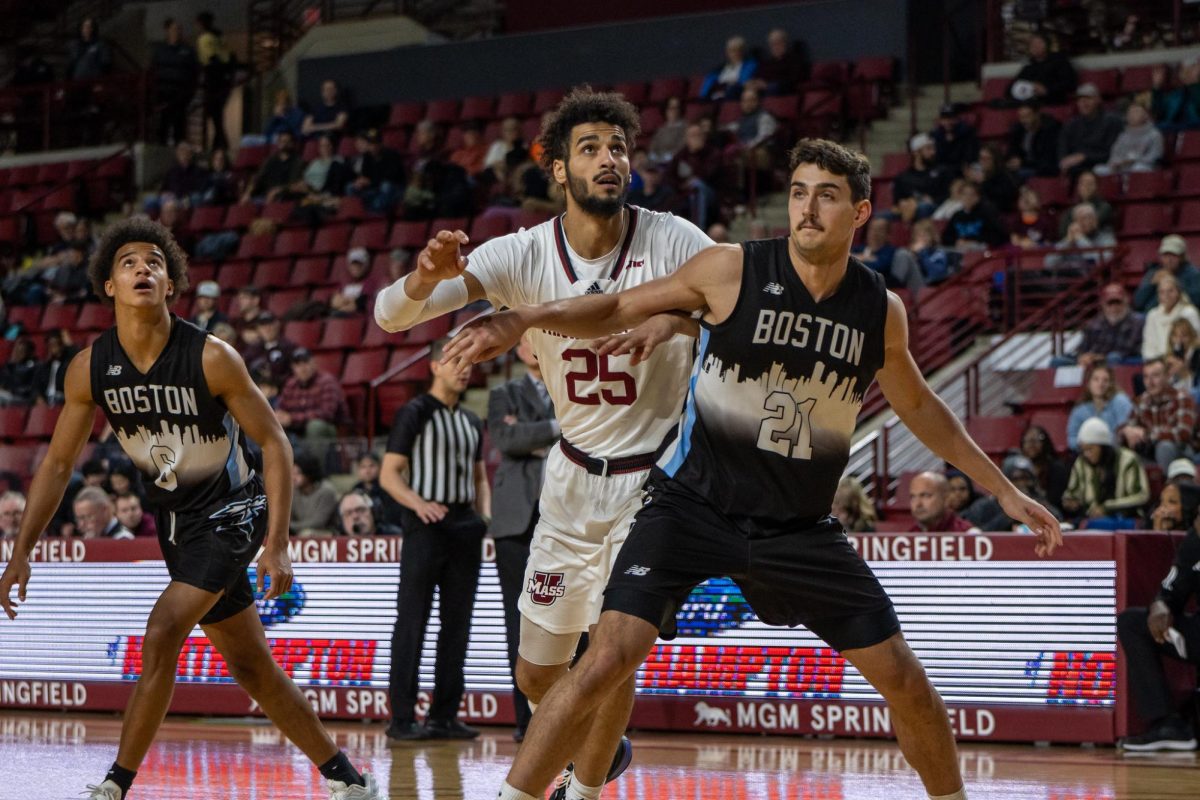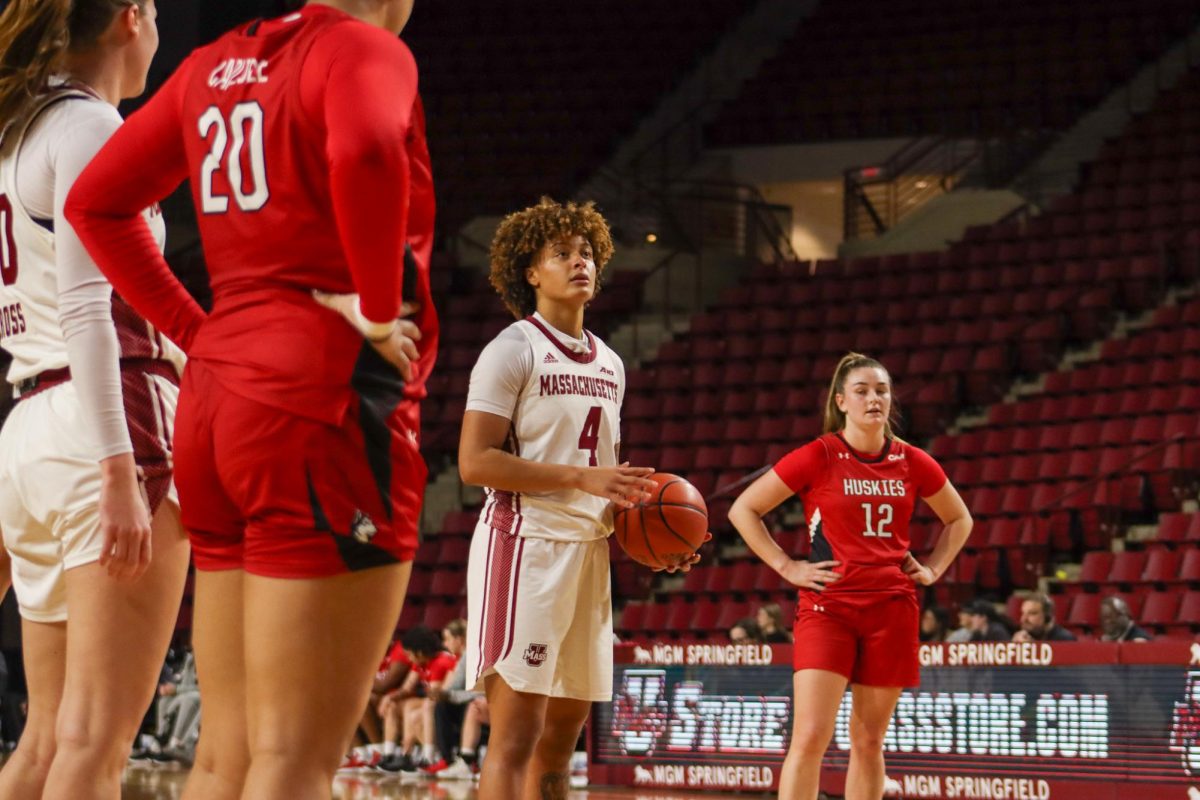By Lucas Correia Collegian Staff
The popular online social network Facebook is going to be accessible through search engines beginning in October.
Facebook engineer Philip Fung made the announcement on the Web site’s blog on September 5, describing what Facebook’s staff is calling “public search listings.” As of now, anyone who is not a member of Facebook can go to the welcome page and search for anyone with a public profile on the Web site. The results appear in thumbnail format. Beginning in October, public thumbnail profiles will be accessible through many search engines including Google, Yahoo, and MSN Live.
University of Massachusetts senior Joe Cassimassima laments how Facebook is slowly becoming more public. He feels it is now less secure and, “becoming more like MySpace.”
Junior Megan Kolb agrees, “I liked Facebook better when it was just college students,” she said. “That’s kind of creepy. What’s the point of getting a username and password if anyone can find your profile?”
Senior Fallon Mercedes has similar feelings about her right to privacy. “Facebook is personal. Personal things are shared with friends, not the public,” she said.
When Facebook was first developed, users needed a college e-mail address to make an account, and had to be part of a college network. Users now can just be part of a regional or workplace network, or no network at all.
Others on campus feel this has been a foreseeable future and is not a serious issue.
“Since anyone can sign up now, it doesn’t seem to make a difference who sees my profile anymore,” said sophomore Tucker Deveau.
Freshman Molly Fleisig said, “as long as they [non-users] can’t see my full profile, I don’t care”.
Facebook wants to give those who are not registered a chance to “find their friends and connect,” according to the site’s frequently asked questions page for public search listings and external indexing. A thumbnail shows a user’s name, profile picture, and interactive links (send message, poke, view friends, etc). One must be logged in to use these interactive links.
Access through search engines will begin approximately one month from the September 5 announcement on Facebook’s blog. The Web site’s FAQ page on the subject states, “Indexing public search listings results for people on Facebook in these external search engines allows more people to connect with those they are looking for.”
Sophomore Michael Greehan agrees, saying, “That’s what you use Facebook for, to find out about people.”
In his blog post, Philip Fung assured the Facebook community that there was no cause for concern.
“The public search listing contains less information than someone could find right after signing up anyway,” said the site. “We’re not exposing any new information, and you have complete control over your public search listing.”
All Facebook users have the option of not being found in searches. Public search listings are only going to be made for users who are 18 or older and have their privacy set to “everyone.”
Those who already have their privacy restricted in any way will not have a public search listing. Users whose privacy is currently set to “everyone” can still change it at any time. They can opt not to appear in search engines, or the search from the Facebook welcome page, or both.
Lucas Correia can be reached at [email protected].






